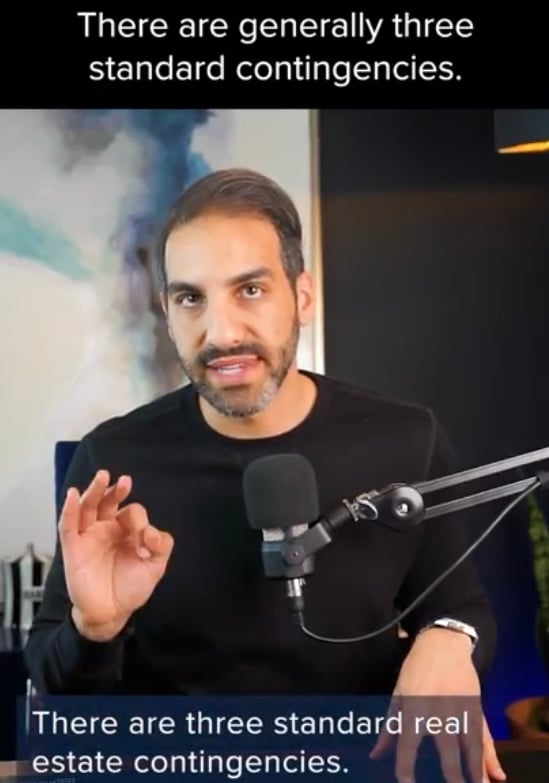Understanding Earnest Money Deposits in Home Buying: A Comprehensive Guide
One crucial aspect of the home buying process is the earnest money deposit. This deposit serves multiple purposes, including demonstrating your commitment as a buyer and contributing to your down payment. In this blog post, we will explore the significance of earnest money deposits in real estate transactions and provide valuable insights to help you navigate this important step.
1. What is an Earnest Money Deposit?
An earnest money deposit is a monetary sum provided by the buyer to the seller as a show of good faith and commitment to the transaction. It signifies your seriousness and acts as an assurance to the seller that you are acting in good faith and risk financial loss should you default on the sales contract.
2. Importance of the Earnest Money Deposit:
Demonstrating Commitment: The earnest money deposit communicates to the seller that you are a serious buyer. The higher the amount, the more attractive to the seller.
Funding the Down Payment: If your offer is successful, the earnest money deposit is applied towards your down payment and closing costs.
3. Determining the Deposit Amount:
The specific amount of the earnest money deposit is negotiable and varies depending on factors such as local market conditions, property type, and purchase price. In competitive markets, a higher deposit may be more appealing to the seller. In the DC Metropolitan market, deposits generally range between 2-5% of the sales price.
4. Holding the Earnest Money Deposit:
Once your offer is accepted, you will deliver the earnest money deposit to a neutral third party, usually the title company, according to the terms of the contract. These funds are then held in an escrow account until the final stages of the home sale. At the closing, the funds are released and applied to your down payment. Funds can be delivered via wire, electronic check with a service called Zoccam, or in person.
5. Earnest Money Deposit Refund:
The terms of the purchase agreement dictate whether you are eligible for a refund of the earnest money deposit. Typically, if you exercise a contingency to cancel the contract within the specified terms or if the seller fails to fulfill their obligations, you should be entitled to a refund. It's important to review the purchase agreement and work with your real estate broker to understand the refund process.
Conclusion:
The earnest money deposit is a vital component of the home buying process, showcasing your dedication as a buyer and playing a role in your down payment. By grasping its significance, deciding on the amount, and understanding the refund policies, you can confidently maneuver through this pivotal aspect of the sales agreement.
(Note: This blog post is for informational purposes only and should not be considered legal advice. Consult with a legal professional for specific guidance on earnest money deposits in your jurisdiction.)

Khalil El-Ghoul
Khalil El-Ghoul is a seasoned real estate broker actively helping sellers and buyers throughout Northern Virginia, DC, and Maryland. Known for his no-nonsense approach, Khalil combines expert market insight with honest, objective advice to help buyers and sellers navigate every type of market—from calm to chaotic. If you’re looking for clarity, strategy, and a trusted partner in real estate, he’s the one to call. 571-235-4821, khalil@glasshousere.com






